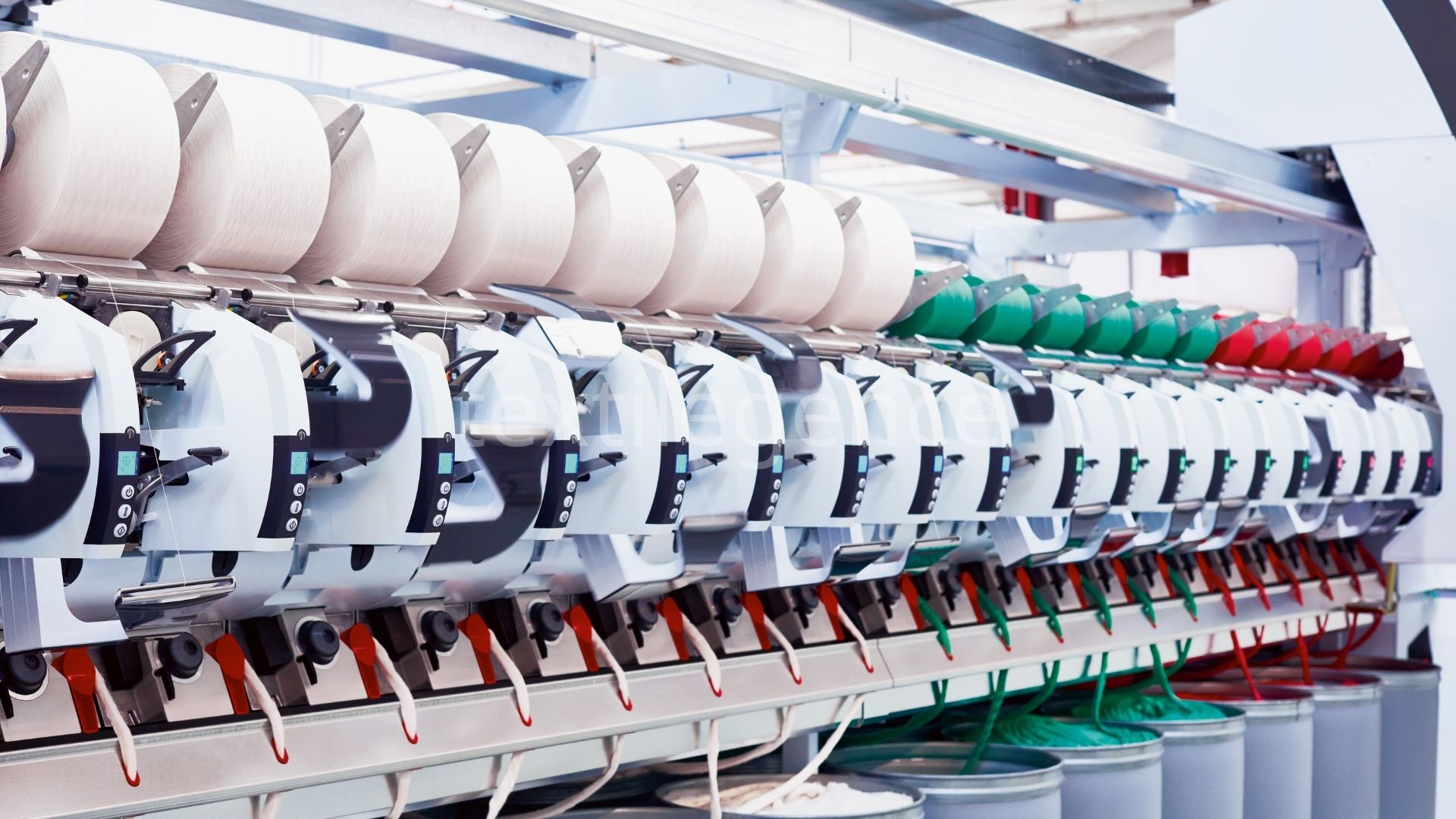Saurer’s Autocoro 11 has changed the way rotor spinning machines handle recycled fibers. With global interest in circular production rising and environmental rules getting stricter, recycling has become a central focus in textile production. Anticipating this shift, Saurer introduced the Recycling Xtreme (rX) version of the Autocoro 11, designed specifically for spinning mills that rely on recycled materials.
Spinning even the shortest fibers
The rX version allows mills to process even the shortest mechanically recycled fibers without losing efficiency. This applies to both pre-consumer waste, such as cut pieces from garment factories, and post-consumer waste, like worn-out clothes. Pre-consumer fibers are fairly consistent in type and color, but they often vary in length. Post-consumer fibers are even more challenging, with unpredictable quality. The Autocoro 11 manages both through built-in features that keep production stable and raw material use efficient.
Flexibility in yarn production
The machine uses single-drive technology, making it simple to adjust for different fiber types. By fine-tuning rotor speed, yarn twisting, and roller settings, mills can achieve recycled yarn quality that comes very close to new cotton. This flexibility opens opportunities for mills to expand their product range while staying profitable.
Case study from Turkey
Polat İplik Tekstil, a Turkish manufacturer, has been producing yarn from recycled fibers for 40 years. According to owner Fahri Polat, the Autocoro 11 has helped them handle raw materials more efficiently while improving yarn quality. He explains that all 816 spinning positions can be brought up to speed within minutes, which allows them to scale up production faster and experiment with smarter fiber mixes.
Balancing strength and stability
Recycled yarns usually have limits in how fine they can be spun compared to virgin cotton. The finer the yarn, the more polyester binder fibers are needed to keep the yarn stable. If settings are not adjusted properly, increasing recycled content can lead to yarn breaks. Autocoro 11’s Synchropiecing 60 technology addresses this by compensating for increased breakages, helping mills maintain consistent efficiency.
Less cleaning, lower costs
The machine’s self-cleaning yarn guides, supported by continuous air blowing, reduce maintenance needs significantly. One Turkish spinning mill reported extending manual cleaning intervals from every 3 days to every 6 weeks, a fourteen-fold improvement. At the same time, yarn consistency improved, with fewer issues like uneven bobbins.
Keeping yarn quality high
Recycled fibers often leave residues in rotor grooves, which can lower yarn quality and cause breaks. To solve this, Autocoro 11 uses rotor intermittent cleaning through its Doffing Cleaning Unit. With digitally controlled linear motors, the cleaning scraper works in precise sync to prevent buildup. This regular and thorough cleaning ensures yarn stability and quality remain high throughout production.
By making it easier to work with difficult recycled fibers, Autocoro 11 supports mills in lowering costs, conserving resources, and producing high-quality yarns. Its combination of flexibility, efficiency, and reduced maintenance gives recycling-focused mills a reliable way to keep production competitive while staying aligned with sustainability goals.
